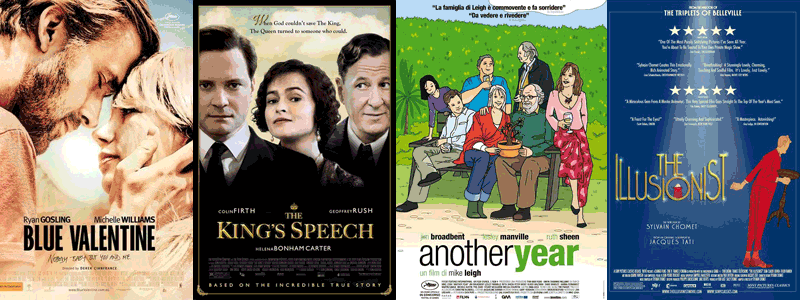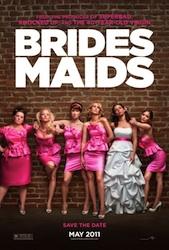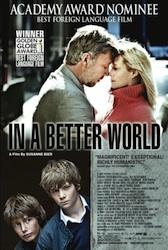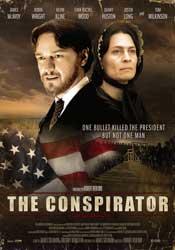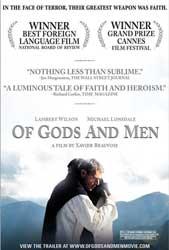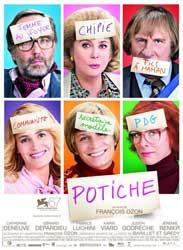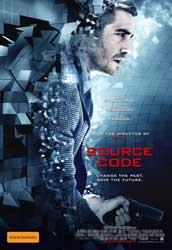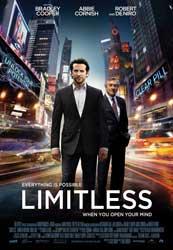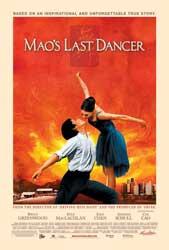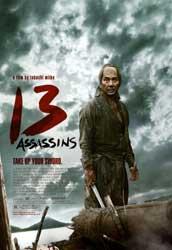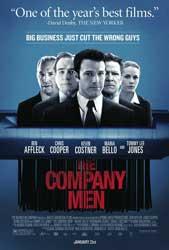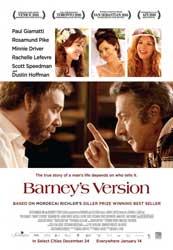“Barney’s Version”-Barney Panofsky (Paul Giamatti), a Canadian Jewish TV producer whose cynicism is reflected in the title of his company, Totally Unnecessary Productions, is a curmudgeon who has had a rocky up-and-down life with a history of three marriages and even an accusation of murder. “Barney’s Version” lets Barney be Barney to tell us in his own way the story of his first two disastrous marriages (the ill-fated wife #1, Clara, played by Rachelle Lefevre, and wife #2--who is simply known as the 2nd Mrs. P, played by Minnie Driver), and even how he met and amazingly fell for the lovely wife # 3, Miriam (Rosamund Pike), at his second wedding. “Barney’s Version” is a humorous, slice-of-Canadian Jewish-life tale full of pathos, that moves the characters over approximately 30 years. Barney is a pushy, insecure, but sincere man, with an alcohol problem, who just doesn’t know how to stay out of romantic and sometimes other kinds of trouble. The film makes it clear just how he messes up even his glorious third marriage to the woman he really loves and who loves him, and how, due in part to excessive drinking, he is being hounded by a Montreal detective (Mark Addy) for the disappearance and possible shooting of his good friend, Boogie (Scott Speedman). The cast is first-rate. Paul Giamatti, as always, is right on in this type of role. Rosamund Pike, a British beauty, is very appealing and provides an easy-going and intelligent performance as the woman who is romantically pursued by Barney literally from the very moment of his marriage to the 2nd Mrs. P. Dustin Hoffman, in one of his best supporting performances in a long time, is Barney’s loving ex-cop father, Izzy, and Bruce Greenwood enters the fray as Blair, the handsome and romantically threatening neighbor. “Barney’s Version” also contains an attention-getting performance by young Anna Hopkins as Barney's grown-up and supportive daughter, Kate, and Dustin’s son, Jake Hoffman, appears as Kate’s brother, Michael. Although the film takes somewhat of a maudlin turn at the end, I liked it because of the wonderful characters, the humor, and the pathos, none of which is surprising since it comes from the pen of Mordechai Richler ("The Apprenticeship of Duddy Kravitz"), an outstanding novelist whose books center on Jewish life in Montreal. B+ (7/1/11) | |

